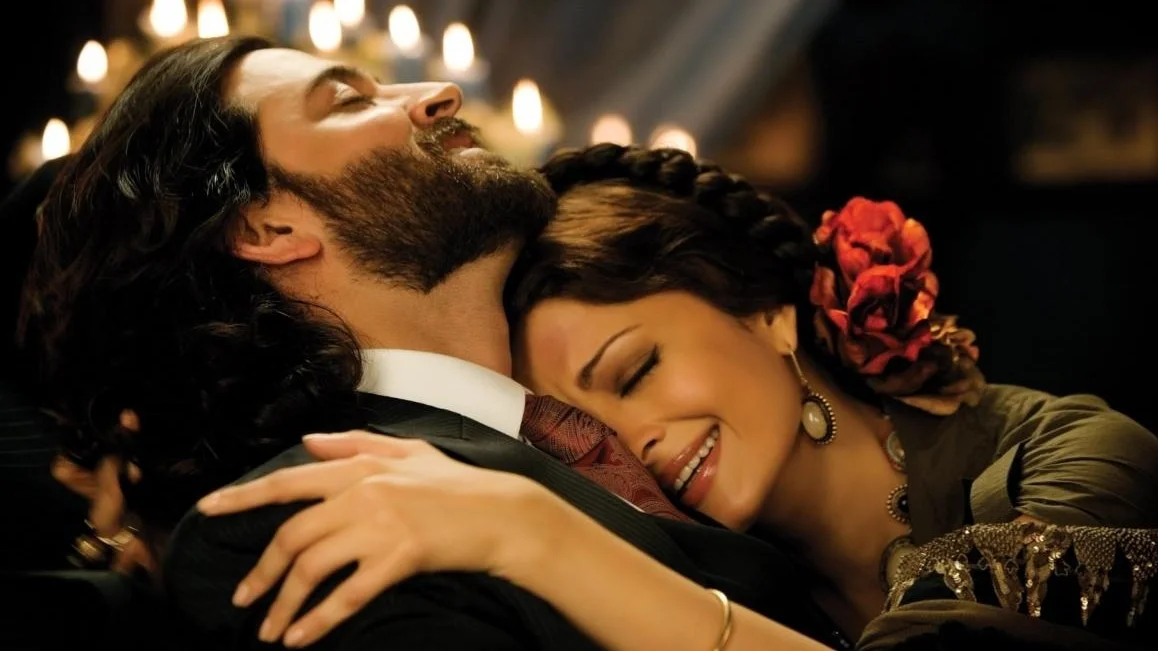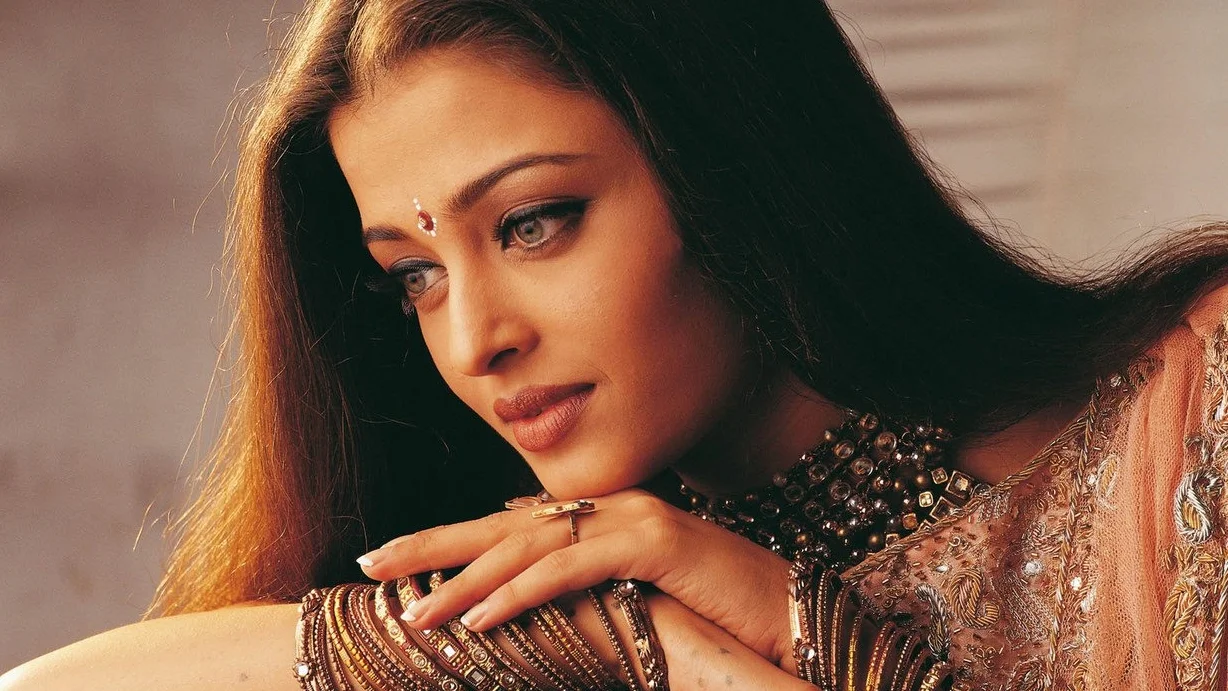The Controversy over Sanjay Leela Bhansali’s Padmavati
Indian auteur Sanjay Leela Bhansali had a new film scheduled for release on December 1st, but it has been delayed due to controversy in India. Manish takes a look at why exactly the film has been pushed back.
One of my favorite directors, Sanjay Leela Bhansali, has made a new film called Padmavati. The film is ostensibly based on the 1540 epic poem Padmavat, written by Sufi poet Malik Muhammed Jayasi. The poem tells the story of Queen Padmavati (played in the film by Deepika Padukone) from the city of Chittor in Rajasthan, India. The queen committed suicide instead of being captured by Muslim conqueror Alauddin Khilij (Ranveer Sinh) after he defeated her husband Rawal Ratan Singh (Shahid Kapoor) in battle. While Alauddin Khilij and Rawal Ratan Singh are historical figures, there is little evidence that Padmavati existed. Jayasi’s poem is the first mention of her, some two hundred years after Alauddin Khilij defeated Rawal Ratan Singh.
Even though Padmavati, sometimes called Rani Padmini, is a fictional character, she has become an icon in Rajasthani culture, especially for the Rajput caste. The legend of Padmavati has been passed down for generations. Because of this, Bhansali’s film has been mired in controversy since it began production. The fringe political group Karni Sena has especially targeted the film. They protested the film’s historical inaccuracy. Their protests sadly turned violent; earlier this year, Karni Sena vandalized the sets, burned props and costumes, and even physically assaulted Bhansali. They have threatened to burn down any theater showing the film and have even destroyed historical architecture.
The main bone of contention is the rumor that the film shows Padmavati in a negative or offensive light. In particular, many of the film’s detractors claim Bhansali has distorted history by including a dream sequence with Padmavati and Alauddin Khilij making love. I’m not too sure where this rumor started. Perhaps it’s because Bhansali cast Deepika Padukone and Ranveer Singh in those roles, and they were love interests in his previous two films Goliyon Ki Raasleela Ram Leela and Bajirao Mastani. Bhansali has vehemently denied any such scene exists, but his defense has fallen on deaf ears.
The violent protests escalated. Bounties were placed on both Bhansali and Padukone’s heads by members of the Bharatiya Janata Party (Indian Prime Minister Narendra Modi belongs to this party). A dead body was found with a message suggesting the man was killed in protest against the film, but further investigation revealed that the killing was an attempt to cause riots between Hindus and Muslims. Because of all these events, the producers of the film, Viacom 18 Motion Pictures, decided to delay the film indefinitely from its scheduled release date of December 1st, 2017. The global distributor, Paramount Pictures, has decided to halt worldwide release until the issue is resolved in India.
Every film has to be cleared by Central Board of Film Certification (CBFC) before release in India. The Supreme Court in India has stated that it will leave the issue of the film to the CBFC, rather than banning the film outright. On November 30th, Bhansali met with a panel to discuss if the film is historical or fictional. The CBFC says they can take up to 68 days to certify a film, so my guess is that Padmavati won’t be released until February, at the very least.
The events surrounding the film are unfortunate because it is symptomatic of a larger problem with India’s relationship to entertainment. There are groups that think of themselves as a censor board unto themselves, policing the culture to fit their agenda. There is a nationalistic hysteria about religious or patriotic sentiments being offended. Anything that doesn’t fit into whatever narrative these groups have in their mind should not only be boycotted, but stopped from being made in the first place.
And let’s not forget that Padmavati’s most violent detractors haven’t seen the film yet. Bhansali has shown the film to a few journalists, who have all said that the accusations against the film are baseless and nonsensical. In fact, Deepika Padukone and Ranveer Singh barely have any scenes together. Sure, Bhansali could have shown the film to Karni Sena to get their approval, but it’s his right not to. It’s not his fault that they have resorted to violence in protest.
Obviously, if there is something that offends Rajasthani culture in the film, I think Bhansali should be held accountable for that. However, I find it hard to sympathize with the protestors since they have not seen the film and have caused actual pain to people. It’s not as though this is the first time Padmavati’s story has been told. There was a Tamil language film in the 1960s, a French opera (of which Bhansali directed a production in 2008), and a miniseries in 2009. It’s highly suspicious that Karni Sena is suddenly objecting to her story being told when it’s a big budget, star-studded, high profile film. Whenever Padmavati gets released, I can only hope this controversy will have died down and the movie can finally speak for itself.














